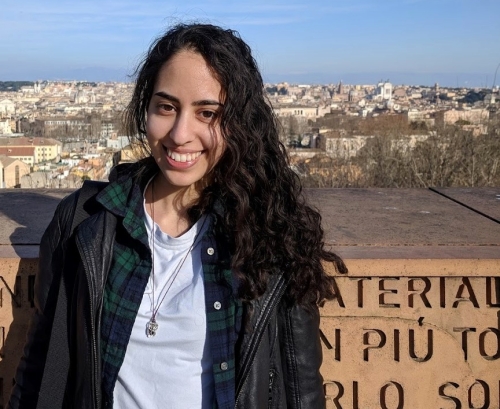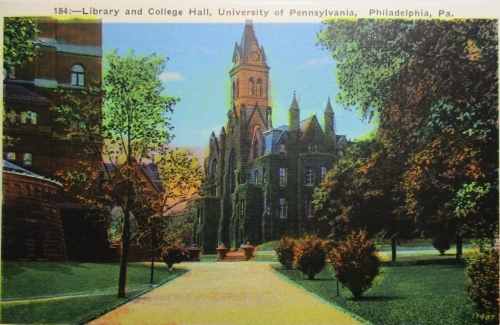
CONFERENCE CALL FOR PAPERS: Food and Drink in the Ancient World
Rutgers University (New Brunswick NJ), Friday 31 May—Saturday 1 June 2019
Keynote Speaker: Dr Kristina Killgrove, UNC Chapel Hill
Extended deadline for submissions: 15 February 2019
Human activity is regulated by the constant need to acquire and consume food. Assuredly, food and drink played a significant role in antiquity just as now, and, since we all must eat and drink, we naturally become curious about what and how our distant ancestors ate and drank (Alcock 2006). The study of food and drink in the ancient world expanded tremendously in the 1990s and has continued to do so in the decades following (e.g. Davison 1997, Garnsey 1999, Wilkins and Hill 2006). This resultant trend is partly owed to a focus in research less preoccupied with the great deeds of great men, but one open to seeing antiquity as a period that offers a wealth of information on the varied life of the everyday world (Donahue 2015).
One does not need to look far in the corpus of classical literature to find mention of viands—there is animal sacrifice in the epics of Homer and Vergil, ever-flowing wine in the sympotic and love elegies of Alcaeus and Horace, conceited cooks in the comedies of Aristophanes and Plautus, and indulgence in the elite banquets of the Deipnosophistai and Satyrica. Beyond these portraits, there are ancient treatises specifically devoted to the topic of food and drink—both philosophical, such as Porphyry’s On Abstinence from Animal Food, and medical, e.g. Galen’s On the Power of Foods. In supplementation of investigations based on literary texts, archaeology has produced an immense amount of information for our understanding of consumption in antiquity. From grand tomb finds to the more ordinary discoveries of kitchen utensils, excavations have dramatically clarified our picture of ancient dining. Archaeozoology and archaeobotany have helped answer questions about ancient diets, as have the osteological analyses associated with bioarchaeology.
We invite abstracts for papers that explore the topic of food and drink through various disciplines, such as Classics, Archaeology, Anthropology, Food Science, and related fields. Possible topics include, but are not limited to, the following:
The Ancient Mediterranean Diet: staple foods in the Mediterranean (wine, oil, and bread; cereals and legumes); meat consumption, availability of seafood; specialized diets, medical approaches to nutrition (e.g. for the military, athletes, infirm)
The Social Context of Food and Drink: sacrifices and offerings, public and communal meals; variations in diet based on social class; food supply and shortages, grain doles (e.g. frumentatio, annona)
Food as a Point of Contact, Creator of Identity, Delimitation of Otherness: import and markets, especially for spices and exotic ingredients; horticulture, soil chemistry, and cultivation of local specialties; taboos (e.g. beer and milk as barbarian; cannibalism as historical fact or political slander)
Alcoholic and Non-Alcoholic Beverages: wine and viticulture (e.g. merum, mulsum, and conditum); access to potable water, aqueducts; drinking vessels (e.g. kylikes, skyphoi, kantharoi, and their images)
Our confirmed keynote speaker is Dr. Kristina Killgrove, teaching Assistant Professor of Anthropology at the University of North Carolina at Chapel Hill, research scholar at the Ronin Institute, and senior contributor to Forbes. Dr. Killgrove, a bioarchaeologist, will deliver a talk on Roman diet and its correlation to disease, climate change, and migration.
Please send abstracts of no more than 300 words (excluding bibliography) by February 15th, 2019 to rutgers.foodanddrinkconference@gmail.com. Be sure to include any audio-visual needs in this email. Papers should be no more than 20 minutes in length. Please include in the email your name, affiliation, and contact information. The abstract itself should be anonymous. Questions may be sent to the same email. Successful applicants should expect to hear back from conference organizers by early March 2019. In addition to providing accommodation, we are looking forward to hosting an ‘ancient’ feast for the conference organizers and speakers.
Emmanuel Aprilakis and Nicole Nowbahar (PhD students, Rutgers University) [organizers]























